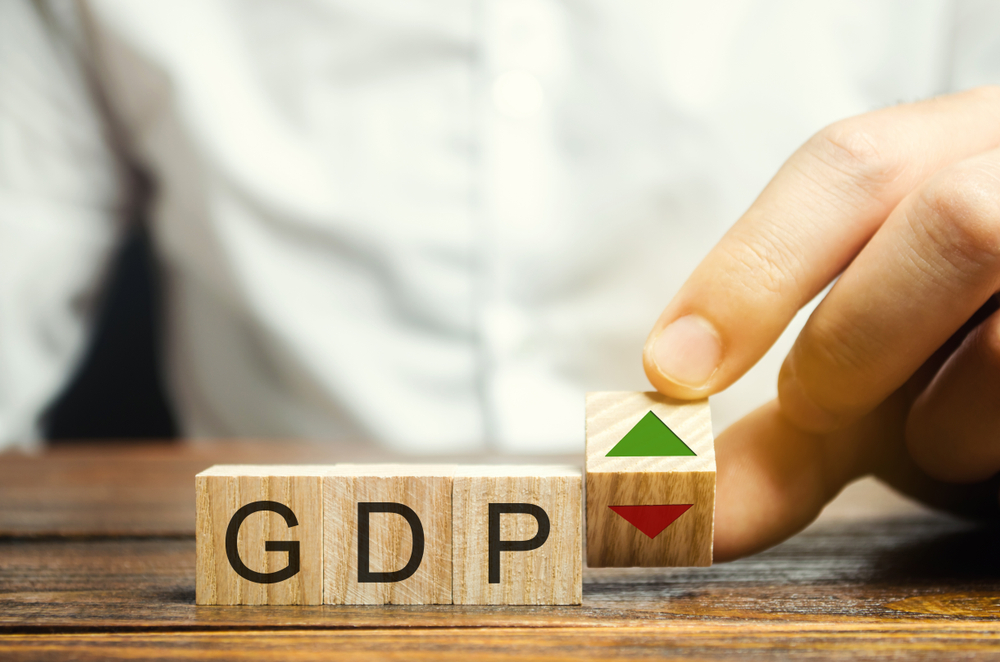News
UK economy more resilient than expected as GDP grew 0.1% in Q4 2022

The UK economy is estimated to have increased by 0.1% in the three months to December 2022, revised up from an initial forecast of zero growth for the quarter.
Gross domestic product (GDP) measures the value of goods and services produced in the UK. It estimates the size of and growth in the economy.
While this represents a small uptick, it’s significant as this period was when the UK had been expected to enter recession.
“The fact GDP figures have been revised upwards is something to celebrate,” Danni Hewson, AJ Bell head of financial analysis said.
Further, it follows a revised fall of 0.1% in Q3 (previously estimated as a 0.2% decline) and means the Q4 GDP is now 0.6% below its pre-Covid level.
Overall in 2022, GDP is now estimated to have increased by 4.1%.
The figures from the Office for National Statistics (ONS) revealed that in output terms, the services sector grew 0.1%, construction by 1.3% while production was flat.
But, the household saving ratio increased to 9.3% from 8.9% in the previous quarter, and real household disposable income increased by 1.3% after four consecutive quarters of negative growth.
Finances bolstered by energy bill help
The ONS cited subsidy payments as part of the Energy Price Guarantee Scheme and the Energy Bill Relief Scheme (for businesses) contributing to the figures, as well as Brits’ response to higher energy prices and the warmer than average temperatures in October 2022 feeding into less demand.
Hewson said: “Households have found their finances and savings bolstered by those energy support payments that have been dropping into accounts in dribs and drabs since October, along with finding their actual energy bills were substantially lower than they might have been thanks to the Government’s cap.”
Robert Alster, CIO at Close Brothers Asset Management, said: “The UK economy is evolving better than had been expected only a few months ago. Energy prices are now falling at a rapid rate and the extension of the Energy Price Guarantee scheme in the Budget will save the typical household £160, providing a valuable boost to consumer’s confidence and spending.”
Banking crisis, interest rates and recession are ones to watch
However, he added: “On the negative side of the equation, the banks crisis is causing uncertainty and global credit conditions are likely to tighten over the next few months – these are the figures for investors to watch.”
Meanwhile, Ruth Gregory, deputy chief UK economist at Capital Economics, said: “The final Q4 2022 GDP data suggested the economy was even more resilient in 2022 than we previously thought, as the Government absorbed some of the hit to households from high inflation.
“But we still think that about two-thirds of the drag of higher interest rates has yet to be felt and that the economy will slip into a recession involving a peak-to-trough fall of about 1% this year.”
Alster added: “We need to see weakness in the labour market and inflation in retreat before the Bank stops raising rates which we are confident will happen in the 2H.”